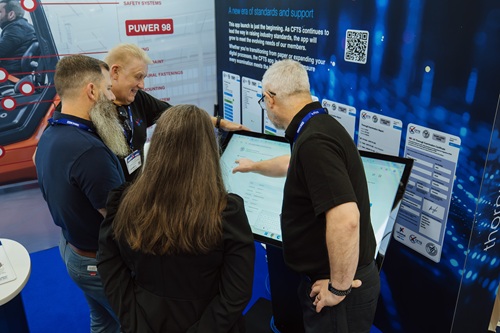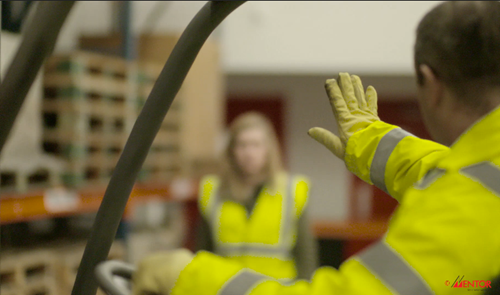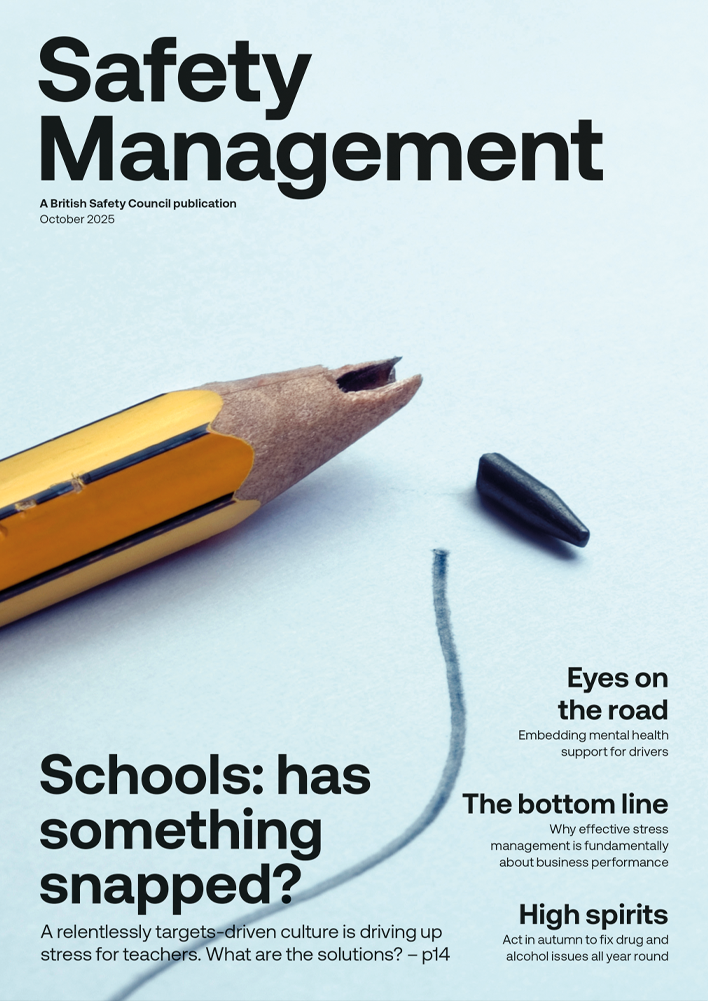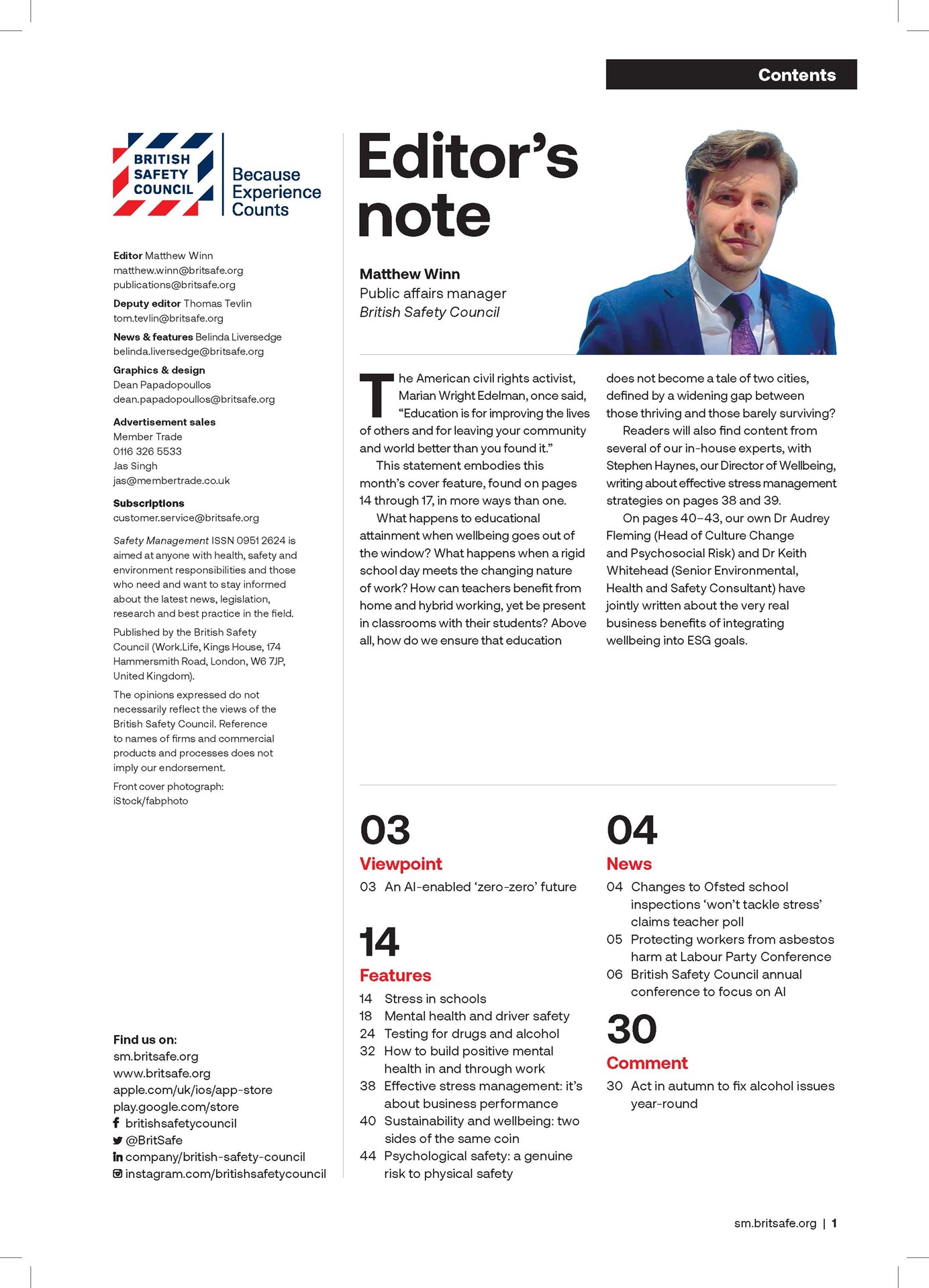A packed Mad World Summit on 9 October in London presented high- profile speakers, including comedian and campaigner Ruby Wax and BBC’s Kate Silverton, and the latest technology to help us confront poor mental health at work.
Features
Mad World in search of sanity
Yet with its focus on communications, apps and self-management, the role of legislation was sidelined.
This year’s summit, its second, had the feeling of a mental health anniversary with both Peter Cheese, of CIPD, and Paul Farmer, of Mind, reflecting on the topic’s journey from marginal to mainstream in the last 10 years. The summit had a celebratory and forward-looking energy that spoke of an unfolding ‘quiet revolution’.
It began with big opening keynotes from Ian Stuart (HSBC UK Bank) and Dame Carol Black (expert advisor on health and work to NHS England). Stuart outlined initiatives to enable people with challenges – from disabilities to life conditions, like menopause – to thrive at HSBC, creating a caring and proactive culture that empowered people to speak up. Black focused on good-quality management to prevent poor mental health and enabling people to thrive.
Louise Aston (Business in the Community) presented new research from BITC, whose report showed that financial wellbeing is becoming increasingly difficult to achieve, and that nearly 50 per cent of people do not feel OK about speaking up. This culture of silence set the context for a panel discussion with Peter Cheese (CIPD), Paul Farmer (Mind), Fiona Cannon (Lloyds), Dr Wolfgang Seidl (occupational health consultant) and Ruby Wax (comedian and founder of Frazzled Café).
 Ruby Wax, Peter Cheese, Dr Wolfgang Seidl, Paul Farmer, Fiona Cannon and Louise Aston speaking on a panel at Mad World Summit in October
Ruby Wax, Peter Cheese, Dr Wolfgang Seidl, Paul Farmer, Fiona Cannon and Louise Aston speaking on a panel at Mad World Summit in October
Farmer highlighted how mental health is now starting to be pushed by employers; yet struck a note of realism when he said that “people are too frightened to talk and if they don’t speak about it, they don’t get the support.” Cannon drew attention to the role of the board in driving change and how Lloyds have changed their performance system to ensure managers “listen without judgment,” rather than measuring people against targets.
Seidl was concerned by the lack of rigour in mental health products and objectives (“What definition are we using?”) and a general failure to drill into root causes, while Cheese noted the hypocrisy in HR: “We say people are the most important asset or resource. This means money is the most important.” Finally, Wax stressed the role of brain science in taking a stand against a pervasive culture that relegates people below economics.
The panel ended with a quick-shot round of top-tips to stay healthy: “educate yourself” (Wax), “sleep more” (Cheese), “no screens in the bedroom” (Seidl), “no work emails before 8am or after 8pm and none on holiday” (Farmer) and “switch off work phone on holiday” (Cannon). Links between mental health and phones and screen reminded delegates of a tension that ran into the afternoon in using new technologies to communicate to people about mental health.
 Demands for a personalised wellbeing plan are increasing
Demands for a personalised wellbeing plan are increasing
The rest of the day involved four tracks of seminars, covering all aspects of mental health, from talent management, preventative leadership, sector-based initiatives and the future. The BBC’s Kate Silverton was in discussion with Laura Hearn, a young news producer who drew on her own experiences when presenting Mad World survey results.
Picking out a couple of results, there seems to be a generational divide, with a third of 18-30 year-olds reluctant to talk about mental health, going up to 100 per cent for over-60s. Demands for a personalised wellbeing plan are increasing, with 54 per cent of people wanting one and Kate speculated that this will become a key recruitment demand.
Personalisation was a feature of ‘TechTalk’, a ‘dragons’ den’ showcase of a host of new apps and platforms to help people and organisations address mental health at work. Many of these tracked psycho-physical symptoms in real time and a selected panel gave their views on each presentation. Impressive talk of ‘machine learning’ and ‘avatars’ gave us a glimpse into the future, yet old questions of individual privacy and duty of care look like they will be remaining on the table for a while yet.
Matthew Holder is head of campaigns at the British Safety Council
FEATURES

Targeting dust in construction
By Belinda Liversedge on 30 October 2025
Rohan Jindal was cycling to college in Dehli where he was studying engineering, when he had to stop. Not because of the hot sun beating down, but because he couldn’t breathe. And although asthmatic, that wasn’t the trigger. Looking all around he saw construction sites emitting large clouds of dust. This was his ‘a ha’ moment. “What,” he asked himself “do they do in construction to supress the dust?”

Paper vs digital – how CFTS is revolutionising work equipment inspections for members
By Rob Fisher, CFTS on 30 October 2025
A new mobile app makes it easier for CFTS-accredited businesses to manage the delivery of Thorough Examinations of customers’ work equipment, but it also benefits the customer through automated reminders about the safety of their machine and the results of the examinations.

Keeping people safe around material handling equipment at peak times
By Andy Cartwright, Mentor FLT Training on 30 October 2025
For many businesses, the Christmas and New Year period sees increased use of equipment like forklifts as customer demand, sales and goods handling surge, so it’s essential that measures like adequate segregation of people and machines are in place to keep everyone safe.



